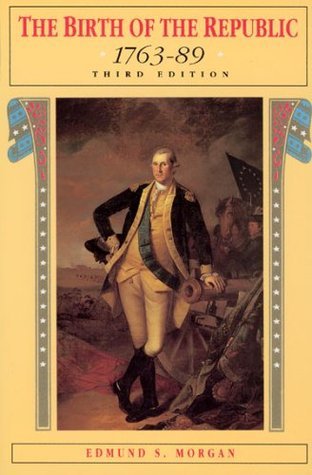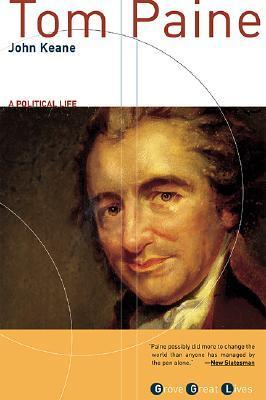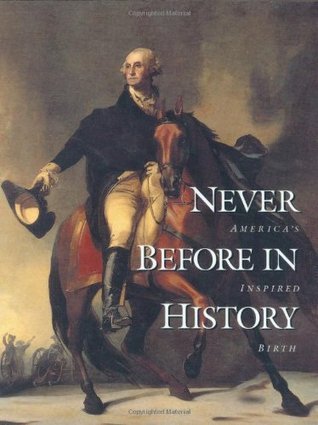
The Ideological Origins of the American Revolution
Book Description
A fierce battle of ideas ignited a revolution. "The Ideological Origins of the American Revolution" unveils the passionate clash of beliefs that fueled the fight for independence. Through gripping analysis, Bailyn reveals how a web of radical thoughts and fervent debates transformed a colony's yearning into a fierce declaration for freedom. From the power of language to the rise of political philosophy, every page pulses with urgency and conviction. As whispers of dissent sparked a nation’s awakening, one provocative question looms: what sacrifices are worth the dream of liberty?
Quick Book Summary
Bernard Bailyn’s "The Ideological Origins of the American Revolution" profoundly reshapes the understanding of how American independence came to be. Rather than viewing the Revolution as merely a reaction to British taxes and mismanagement, Bailyn uncovers its true essence as a revolution of ideas. Drawing extensively from pamphlets, speeches, and letters, he demonstrates that colonial leaders were deeply influenced by radical Enlightenment thought, republican ideals, and fears of conspiracy and tyranny. These beliefs entwined with local experiences and anxieties, giving colonists moral clarity and persuasive power. Ultimately, Bailyn shows that the American Revolution was not just a political revolt but a genuine transformation born from a fierce contest over political philosophy, individual liberty, and the boundaries of power.
Summary of Key Ideas
Table of Contents
The Influence of Radical British Political Thought
Bailyn delves into the rich intellectual environment that defined the decades before the American Revolution. Drawing on a trove of political pamphlets and debates, he identifies the pivotal influence of radical British political ideas—especially the works of Commonwealthmen like James Harrington and Algernon Sidney. These writings, originally products of English political conflicts, found fertile ground among American colonists, who saw parallels in their own struggles. The colonists absorbed notions of liberty, balanced government, and vigilance against tyranny, which framed their grievances against imperial authority in terms more philosophical than strictly economic.
Fear of Conspiracy and Corruption
A distinctive aspect of the pre-revolutionary mindset was Aeilyn’s concept of the “fear of conspiracy” and official corruption. Colonists believed that British officials and their American allies were intentionally undermining liberty and self-governance. This pervasive suspicion shaped how they interpreted events like the Stamp Act and the Intolerable Acts: not as isolated injustices, but as part of a larger plot against liberty. This mindset turned scattered conflicts into a collective movement, driving urgent calls to safeguard rights before it was too late.
Importance of Language and Pamphlets
Central to Bailyn’s thesis is the transformative power of rhetoric and pamphleteering. Colonial pamphlets provided a forum where revolutionary leaders could articulate and refine the language of resistance. Language and print culture unified disparate colonies, spread political consciousness, and fostered a sense of shared purpose. Pamphlets like those by Thomas Paine and John Dickinson did not merely reflect public sentiment—they shaped it, constructing arguments that linked personal liberties to the wider Anglo-American tradition of rights.
Development of Republican Ideology
Republican ideology took shape as Americans reimagined the basis of legitimate authority. Rather than accepting hereditary privilege or distant government, colonists demanded representation, accountability, and consent of the governed. Bailyn shows how abstract ideas of mixed government and balance of power hardened into key demands: the separation of powers, respect for written constitutions, and vigilance against arbitrary rule. This new political culture embraced the belief that free societies demanded virtuous citizenry and perpetual resistance to encroachments on liberty.
Transformation of Political Authority
In mapping the transformation of colonial authority, Bailyn demonstrates that the American Revolution was both cause and effect of a broader reshaping of governance. As colonists articulated grievances and theories of legitimacy, they fundamentally altered the meaning of political authority. The Revolution’s lasting legacy, according to Bailyn, is the enduring link between republican political philosophy and the American vision of freedom—an ideology so persuasive it galvanized a society to risk everything for independence.
Download This Summary
Get a free PDF of this summary instantly — no email required.





